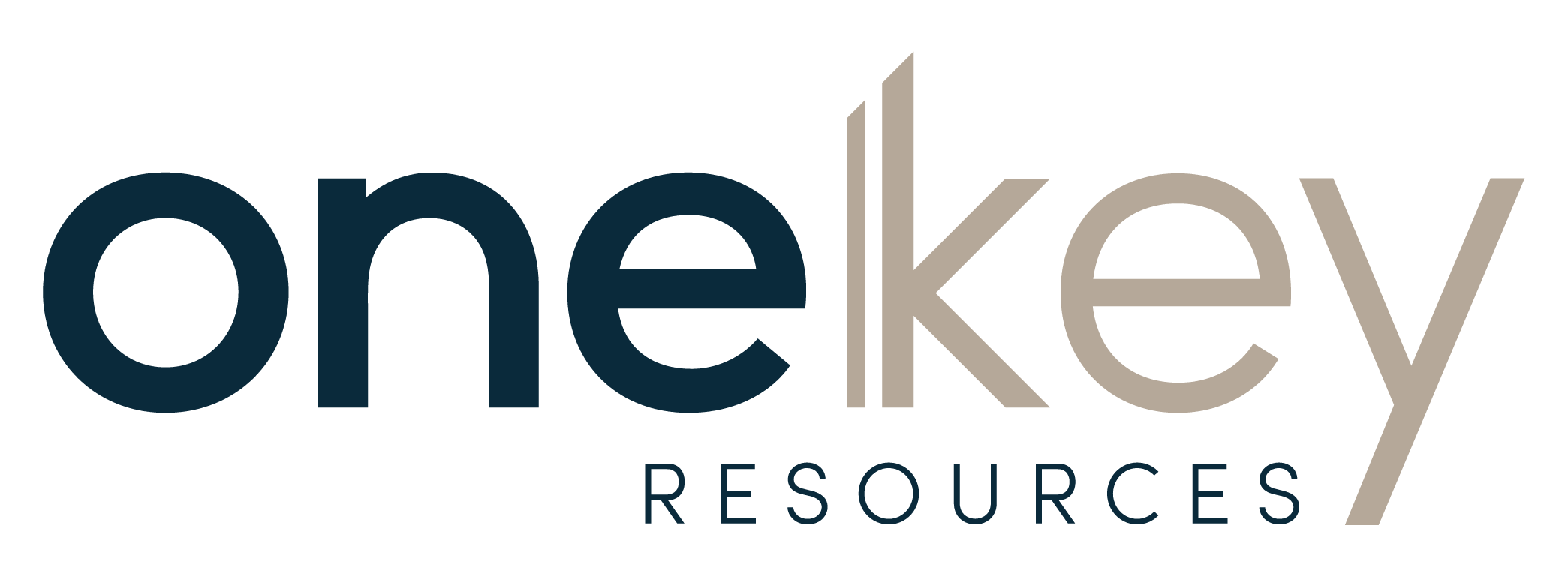4. Gifts and hospitality
4.1 In this policy, third party means any individual or organisation you come into contact with during the course of your work for us, and includes actual and potential clients, customers, suppliers, distributors, business contacts, agents, advisers, and government and public bodies, including their advisors, representatives and officials, politicians and political parties.
4.2 The giving or receipt of gifts is not prohibited, if the following requirements are met:
- It is not made with the intention of influencing a third party to obtain or retain business or a business advantage, or to reward the provision or retention of business or a business advantage, or in explicit or implicit exchange for favours or benefits
- It complies with local law
- It is given in our name, not in your name
- It is appropriate in the circumstances. For example, in Australia it is customary for small gifts to be given at Christmas time
- Taking into account the reason for the gift, it is of an appropriate type and value and given at an appropriate time
- It is given openly, not secretly
- Gifts should not be offered to, or accepted from, government officials or representatives, or politicians or political parties without written consent from the Board of Directors.
4.3 We appreciate that the practice of giving business gifts varies between countries and regions and what may be normal and acceptable in one region may not be in another. The test to be applied is whether in all the circumstances the gift or hospitality is reasonable and justifiable. The intention behind the gift should always be considered.
5. What is not acceptable?
It is not acceptable for you (or someone on your behalf) to:
- Give, promise to give, or offer, a payment, gift or hospitality with the expectation or hope that a business advantage will be received, or to reward a business advantage already given
- Give, promise to give, or offer, a payment, gift or hospitality to a government official, agent or representative to “facilitate” or expedite a routine procedure
- Accept payment from a third party that you know or suspect is offered with the expectation that it will obtain a business advantage for them
- Accept a gift or hospitality from a third party if you know or suspect that it is offered or provided with an expectation that a business advantage will be provided by us in return
- Threaten or retaliate against another worker who has refused to commit a bribery offence or who has raised concerns under this policy
- Engage in any money laundering activities which shall be deemed to include any of the following acts:
- Concealing, disguising, converting, transferring criminal property
- Entering into or becoming concerned in an arrangement which you know or suspect will assist the acquisition, retention, use or control of criminal property or on behalf of another person
- Acquiring, using or possessing criminal property
- Failing to inform where a person or persons are involved in money laundering acts in such a way as to reduce the likelihood of their being investigated
- Engage in any activity that might lead to a breach of this policy
6. Facilitation payments and kickbacks
6.1 We do not make, and will not accept, facilitation payments or “kickbacks” of any kind. Facilitation payments are typically small, unofficial payments made to secure or expedite a routine government action by a government official.
6.2 If you are asked to make a payment on our behalf, you should always be mindful of what the payment is for and whether the amount requested is proportionate to the goods or services provided. You should always ask for a receipt which details the reason for the payment. If you have any suspicions, concerns or queries regarding a payment, you should raise these via the whistleblowing portal, located on the One Key website (https://www.onekeyresources.com.au/) or alternatively if you are unable to raise the issue via the portal, with Meg Giles, People and Performance Manager.
6.3 Kickbacks are typically payments made in return for a business favour or advantage. All workers must avoid any activity that might lead to, or suggest, that a facilitation payment or kickback will be made or accepted by us.
7. Donations
We do not make donations, whether in cash or kind, in support of any political parties or candidates, unless express written permission is given by the Board of Directors.
8. Your responsibilities
8.1 You must ensure that you read, understand and comply with this policy.
8.2 The prevention, detection and reporting of bribery and other forms of corruption are the responsibility of all those working for us or under our control. All workers are required to avoid any activity that might lead to, or suggest, a breach of this policy.
8.3 You must notify your manager as soon as possible if you believe or suspect that a conflict with this policy has occurred or may occur in the future.
8.4 Any employee who breaches this policy will face disciplinary action, which could result in dismissal for gross misconduct. We reserve our right to terminate our contractual relationship with other workers if they breach this policy
9. Record keeping
9.1 We must keep financial records and have appropriate internal controls in place which will evidence the business reason for making payments to third parties.
9.2 You must ensure that all gifts given or received with a value of $100 or over are recorded on the One Key Gifts and Hospitality Register. To make an entry onto the Gifts and Hospitality Registry you must inform your Manager of the relevant details in writing, who will ensure the Register is updated.
9.3 You must ensure all expenses claims relating to hospitality, gifts or expenses incurred to third parties are submitted for approval to your manager and that you specifically record the reason for the expenditure.
9.4 All accounts, invoices, memoranda and other documents and records relating to dealings with third parties, such as clients, suppliers and business contacts, should be prepared and maintained with strict accuracy and completeness. No accounts must be altered, falsified or kept “off-book” to facilitate or conceal improper payments.
10. How to raise a concern
You are encouraged to raise concerns about any issue or suspicion of malpractice at the earliest possible stage via the whistleblowing portal accessible via the One Key website (https://www.onekeyresources.com.au/). If you are unsure whether a particular act constitutes bribery or corruption, or if you have any other queries, these should be raised with Meg Giles, People and Performance Manager.
11. What to do if you are a victim or bribery or corruption
It is important that you make a report via the whistleblowing portal as soon as possible if you are offered a bribe by a third party, are asked to make one, suspect that this may happen in the future, or believe that you are a victim of another form of unlawful activity
12. Protection
12.1 Workers who refuse to accept or offer a bribe, or those who raise concerns or report another’s wrongdoing, are sometimes worried about possible repercussions. We aim to encourage openness and will support anyone who raises genuine concerns in good faith under this policy, even if they turn out to be mistaken.
12.2 We are committed to ensuring no one suffers any detrimental treatment as a result of refusing to take part in bribery or corruption, or because of reporting in good faith their suspicion that an actual or potential bribery or other corruption offence has taken place, or may take place in the future. Detrimental treatment includes dismissal, disciplinary action, threats or other unfavourable treatment connected with raising a concern. If you believe that you have suffered any such treatment, you should inform Meg Giles, People and Performance Manager, immediately.
13. Communication
13.1 This policy is included in the induction manual and/or handbook for all new workers. All employees are required to read, acknowledge and agree to abide by the terms of this policy. Employees are actively encouraged to ask questions if there if any of the policy requirements are unclear.
13.2 Our zero-tolerance approach to bribery and corruption must be communicated to all suppliers, contractors and business partners at the outset of our business relationship with them and as appropriate thereafter.
14. Who is responsible for the policy?
14.1 The Board of Directors has overall responsibility for ensuring this policy complies with our legal and ethical obligations, and that all those under our control comply with it.
14.2 Group Legal Counsel has primary and day-to-day responsibility for implementing this policy, and for monitoring its use and effectiveness and dealing with any queries on its interpretation. Management at all levels are responsible for ensuring those reporting to them are made aware of and understand this policy and are given adequate and regular training on it.
15. Monitoring and review
15.1 This policy will be monitored in terms of effectiveness periodically by the senior management team. Any improvements identified will be made as soon as possible.
15.2 All workers are responsible for the success of this policy and should ensure they use it to disclose any suspected danger or wrongdoing.
15.3 Workers are invited to comment on this policy and suggest ways in which it might be improved. Comments, suggestions and queries should be addressed to group Legal Counsel.
15.4 This policy does not form part of any employee’s contract of employment, and it may be amended at any time.
Key Contacts
Chantelle Moran, Legal Counsel
Email: chantellem@onekeyresources.com.au
The One Key Whistleblowing Portal is assessable via the One Key website at the following address: https://onekeyresources.com.au/
Document Number: OKR-LEG-POL.1.003.3
Review Date: Sep 24

